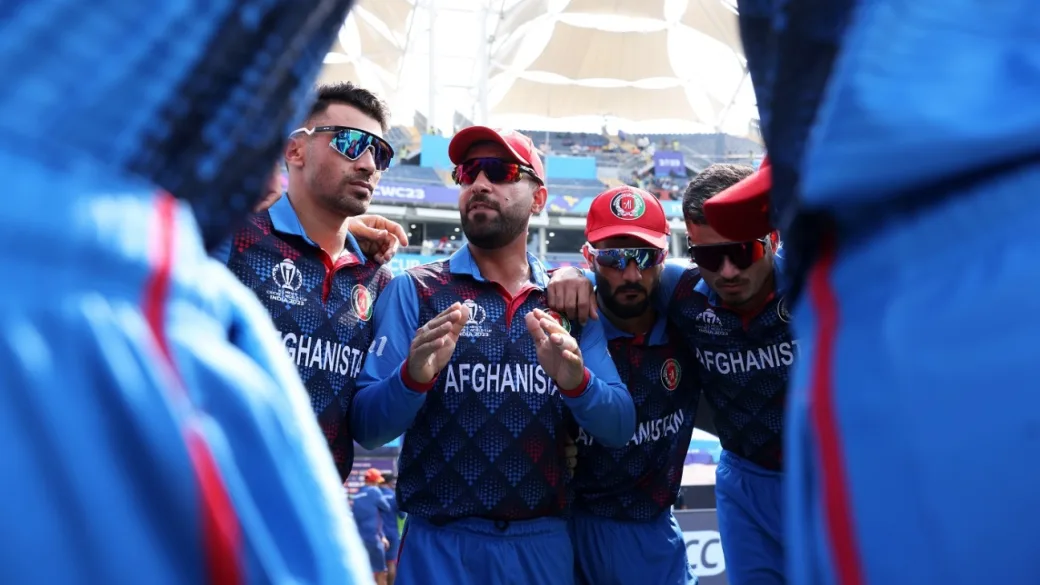
The fate of Afghanistan’s participation in the 2028 Los Angeles Olympics lies in the hands of the International Olympics Council (IOC), a perspective emphasized by Geoff Allardice, the chief executive officer of the International Cricket Council (ICC). This viewpoint stems from the unique challenge faced by Afghanistan’s women cricket players who have been compelled into exile since the Taliban seized power in 2021.
In a noteworthy move, the IOC approved LA28’s proposal to include T20 cricket as a new sport, acknowledging its popularity across Commonwealth countries and among the younger generation. The appeal of cricket in markets like the USA played a significant role in this decision. The ICC had initially recommended a six-team event for both men’s and women’s competitions, a proposal that received the IOC’s approval. Plans for the competition structure and team qualification process are expected to be finalized by 2025 through collaboration between the ICC and LA28.
Despite the LA28 organizers’ emphasis on gender equality, Afghanistan currently lacks a women’s cricket team, with the majority of contracted players having moved overseas after the Taliban’s takeover in August 2021. While the participation of the men’s team in the event remains a possibility, uncertainties linger.
Allardice clarified that in Olympic competitions, teams are fielded by the National Olympic Committees of respective countries. The inclusion of cricket is a collaborative effort between international sporting federations, such as the ICC, and the organizers, with the IOC overseeing the process. The situation in Afghanistan, particularly regarding the National Olympic Committee, is a matter that the IOC is closely monitoring.
The IOC has been engaged in communication with the Taliban government, stressing the potential suspension of Afghanistan’s National Olympic Committee if restrictions on women’s participation in sports persist. Notably, Afghanistan’s participation in the 2024 Paris Olympics has not been approved by the IOC.
Addressing an IOC session in Mumbai, James Macleod highlighted minimal progress in the Hangzhou Asian Games, where 17 out of 83 Afghan athletes were women. The onus, according to IOC president Thomas Bach, is on Afghanistan’s National Olympic Committee to demonstrate progress in supporting women cricketers. The Afghanistan men’s cricket team’s involvement in the gold medal match at the Asian Games showcased the absence of the women’s team.
Allardice, who visited Hangzhou, revealed that the Afghanistan Cricket Board (ACB) had committed to developing women’s cricket until the change in regime in 2021. The ICC, through a working group led by Imran Khwaja, has been in contact with the Taliban government to facilitate the safe participation of women in cricket.
As a Full Member of the ICC, the ACB receives substantial funding, approximately USD 16.8 million for the next cycle (2024-27). Allardice emphasized that member boards have autonomy in utilizing these funds, with the ICC serving as a check and balance without stipulating specific management guidelines. The ICC’s commitment to supporting its members in promoting cricket within the rules set by the government reflects a broader perspective on navigating the complex dynamics in Afghanistan.
Also, see:
Pakistan’s qualification scenario after winning versus New Zealand
